Mount Ararat, with its towering presence and rich history, is a dream destination for mountaineers and adventurers alike. Located in Eastern Turkey, this iconic peak is not only the highest mountain in the country but also a site steeped in geological significance, mythological tales, and biblical lore. Whether you’re drawn by its natural beauty or its deep-rooted place in history, Mount Ararat offers an unforgettable experience. In this blog post, we’ll explore what makes Mount Ararat so special, from its geological features to its spiritual significance, and offer some practical tips for those looking to conquer this majestic mountain.
Mount Ararat, also known as Agri Dagi in Turkish, is a dormant stratovolcano that stands as the highest peak in Turkey, reaching an impressive altitude of 5,137 meters (16,854 feet) above sea level. The mountain is part of the Armenian Highlands and is located near the borders of Turkey, Armenia, and Iran. Mount Ararat is actually a complex of two peaks: Greater Ararat (the main summit) and Lesser Ararat, which stands at 3,896 meters (12,782 feet).
Formed by volcanic activity millions of years ago, Mount Ararat is composed primarily of andesite and dacite, with a snow-capped summit that remains icy year-round. The surrounding terrain is rugged and diverse, offering everything from rocky ridges to vast glaciers, making it a challenging and exciting climb for mountaineers.
Mount Ararat is perhaps most famous for its association with the biblical story of Noah’s Ark. According to the Book of Genesis, after the great flood, Noah’s Ark came to rest on “the mountains of Ararat.” This connection has made the mountain a site of immense spiritual and historical significance, attracting explorers and religious pilgrims for centuries in search of the remains of the Ark.
In addition to its biblical importance, Mount Ararat holds a place in Armenian mythology and culture. It is considered the sacred mountain of the Armenian people. According to Armenian legend, the mountain was home to the Hayk, the legendary patriarch and founder of the Armenian nation, who is said to have defeated the Babylonian king Bel in a battle near the foot of Ararat.
Another mythological tale tells of the ancient kingdom of Urartu, which once ruled the region around Mount Ararat. The kingdom was said to have been blessed by the gods with fertility and prosperity, and the mountain itself was believed to be the dwelling place of deities.
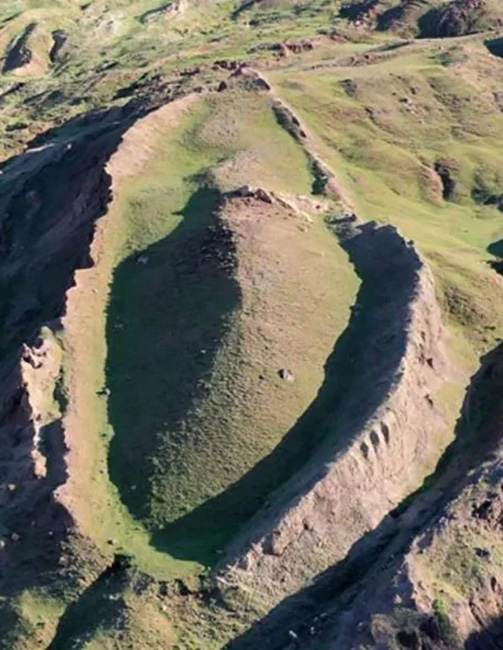
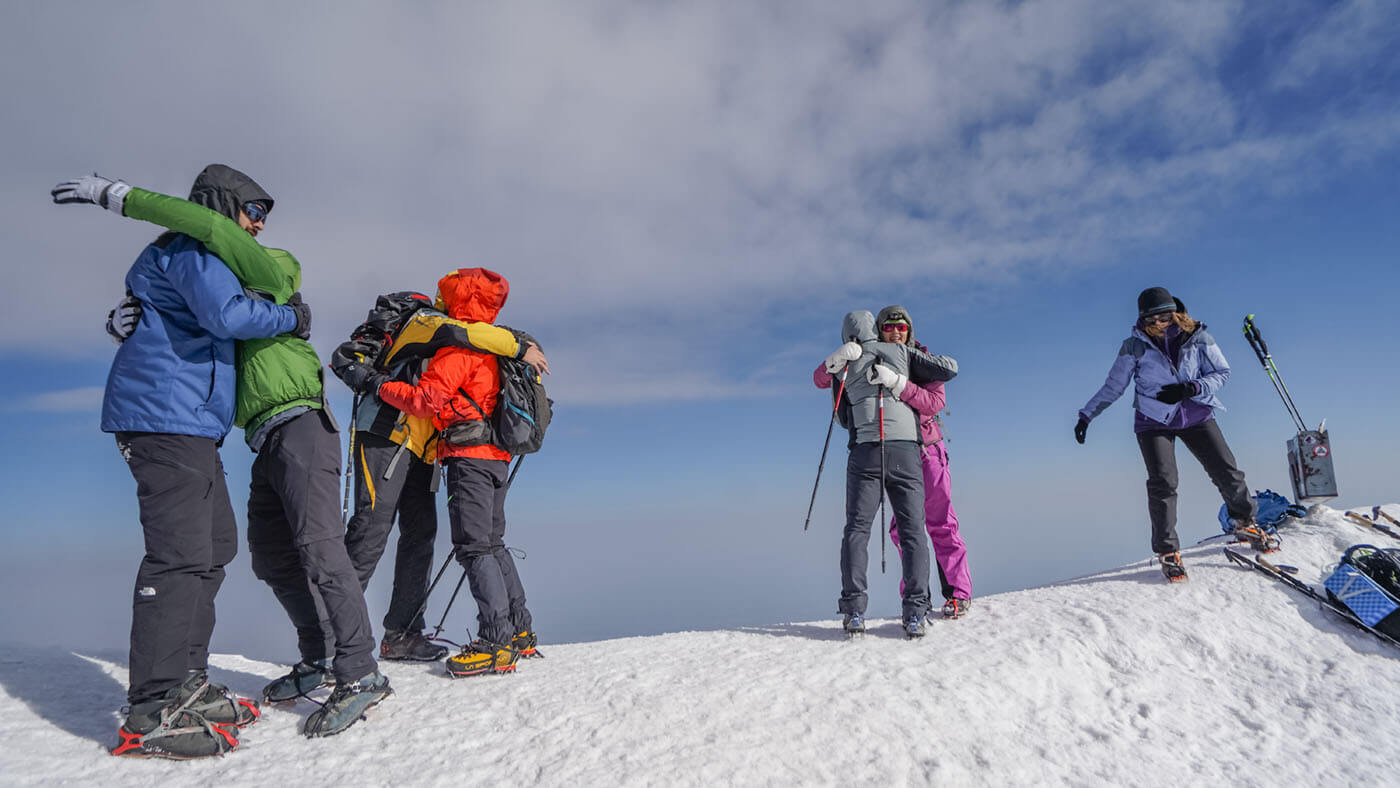
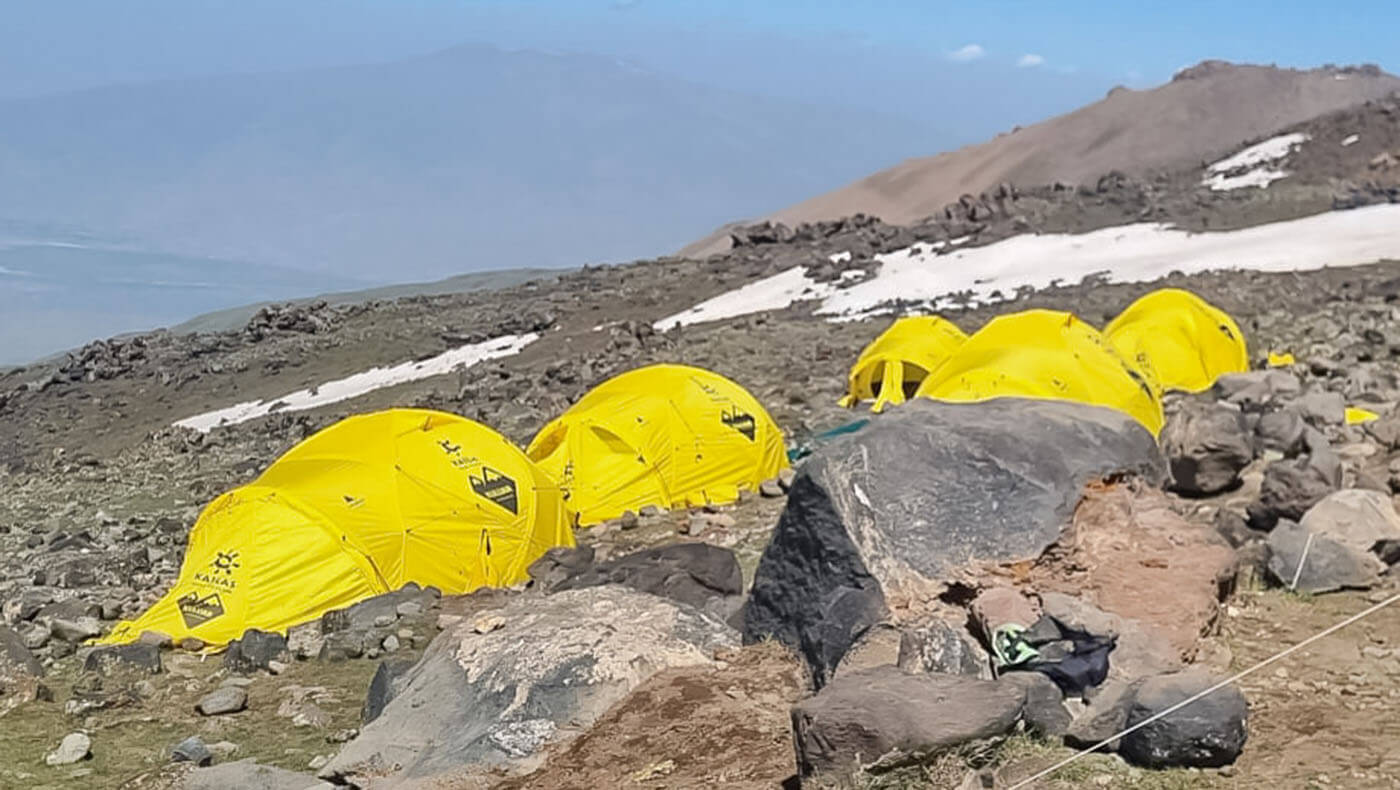
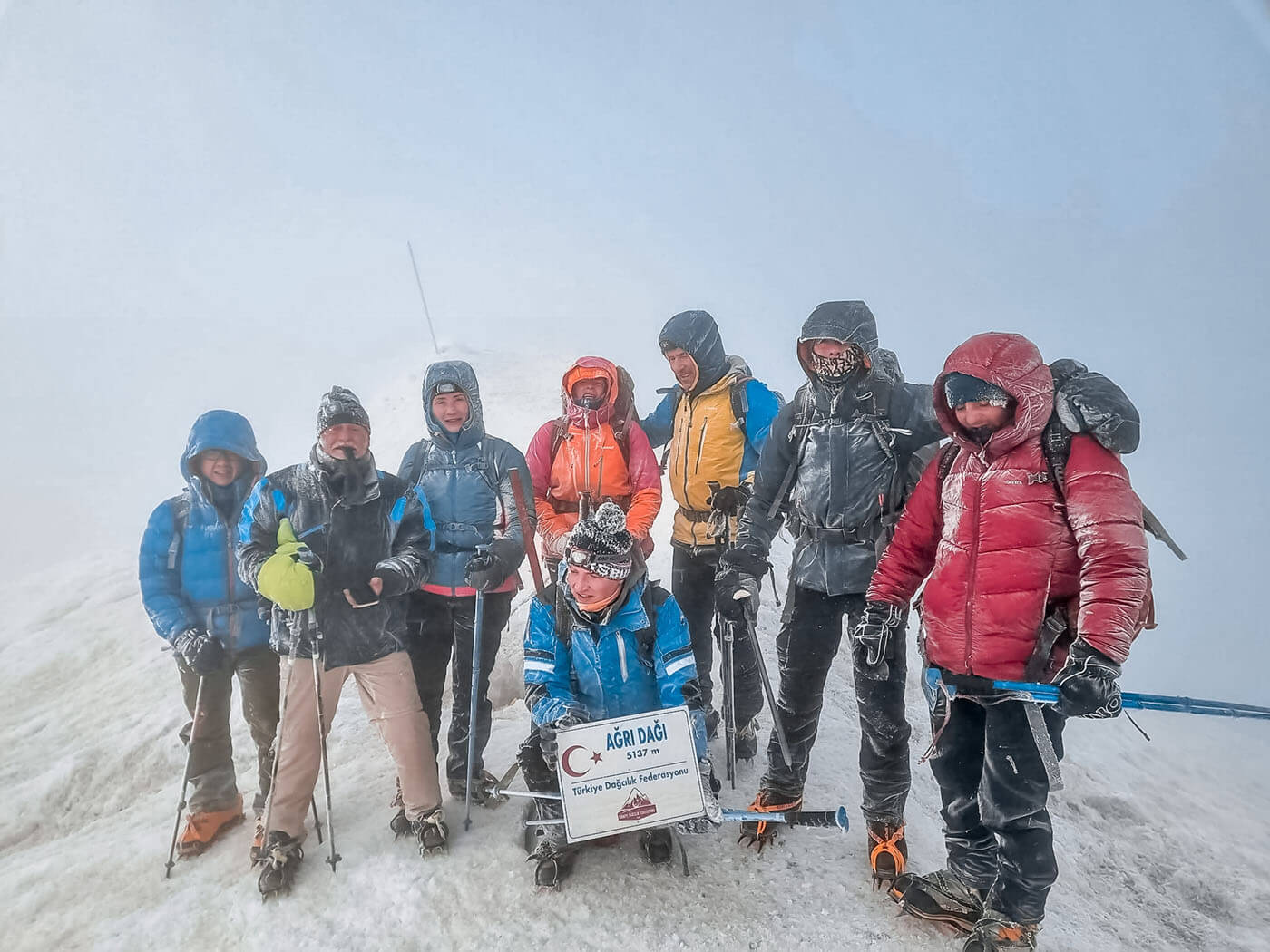
Throughout history, Mount Ararat has held profound significance in various cultures.
Many religious stories are associated with this mighty mountain:
Mount Ararat’s geographical features contribute to its allure and challenge for mountaineers.
The mountain consists of two notable peaks:
The biodiversity surrounding Mount Ararat is equally impressive:
Mount Ararat is a photographer’s dream:
Reaching the top of Mount Ararat rewards climbers with breathtaking views that are worth every ounce of effort spent on the ascent.
Upon reaching the summit, expect views that stretch beyond the horizon:
Climbing Mount Ararat: The Challenge and Adventure
For avid climbers, Ararat presents both challenges and thrilling experiences, making it a favored destination.
Preparation is critical for a successful climb:
o Waterproof clothing
o Climbing gear (harness, rope, etc.)
o Adequate food and hydration
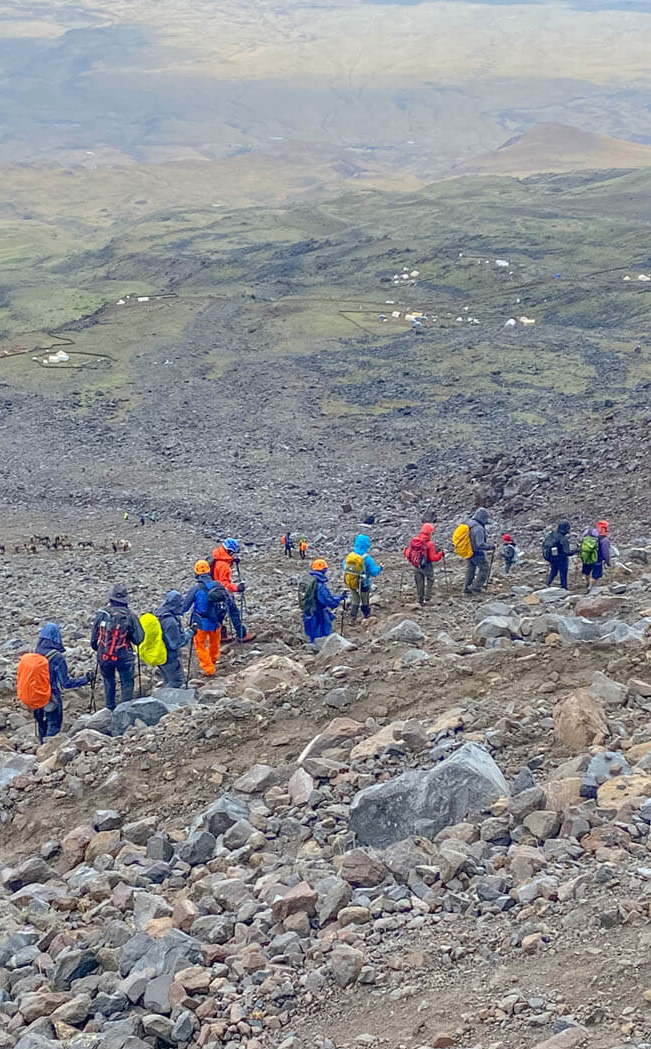
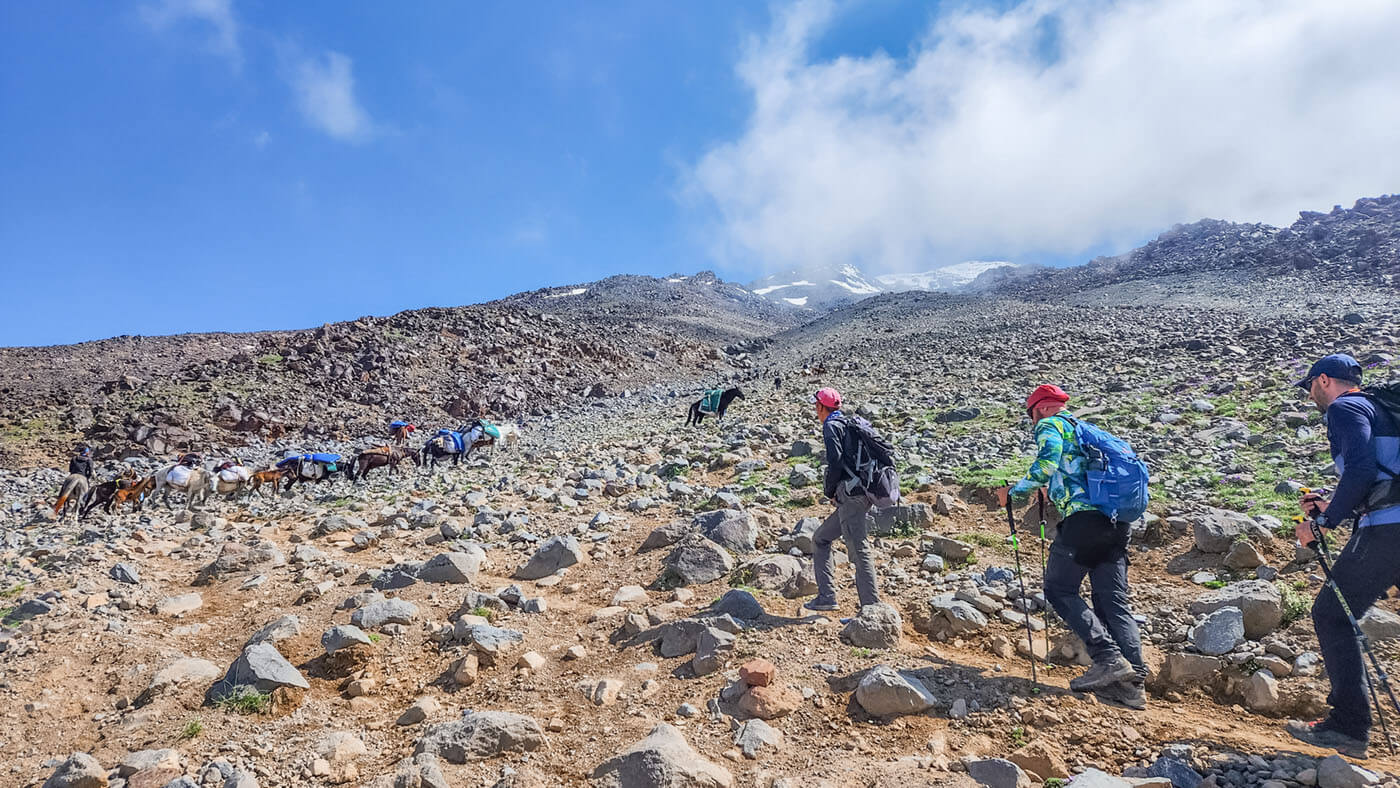
The ascent typically requires a few days of trekking, and climbers often take the following route:
Base Camp: Most climbers camp at a designated base camp for acclimatization.
The Summit Push: Early morning starts are the norm, giving climbers the chance to reach the peak before the weather changes.
Physical Preparation: Begin training a few months in advance. Focus on endurance and strength training; hikes with elevation will help simulate the climb’s challenges.
Permits: Don’t forget to secure a permit for your climb. The Turkish government requires permits for safety and environmental reasons.
Best Time to Go: The climbing season runs from June to September when the weather is generally milder.
Pack Wisely: Bring layered clothing, as temperatures can change dramatically from the base to the summit. Don’t forget sturdy hiking boots, a good quality sleeping bag, and plenty of water, necessary climbing gear such as crampons and ice axes.
Hire a Local Guide: Due to the mountain’s challenging terrain and the permit requirements, it’s highly recommended to hire a local guide or join a guided expedition. This ensures safety and helps with navigation, as well as provides insights into the mountain’s history and culture.
Prepare for High Altitude: With a summit over 5,000 meters, altitude sickness is a real concern on Mount Ararat. Climbers should acclimatize properly, take it slow, and stay hydrated to minimize the risk.
Plan Your Route: The most common route to the summit is from the southern side of the mountain, which typically takes about 5-7 days, including time for acclimatization. The ascent involves trekking through various camps, with the final push to the summit usually starting in the early hours of the morning to reach the top at sunrise.
Respect the Environment: Mount Ararat is a sacred and protected area, so it’s important to follow Leave No Trace principles, respect local customs, and avoid littering or disturbing the natural landscape.
The climb is not just about reaching the summit; it’s about enjoying the journey and appreciating the beauty around you.
Mount Ararat stands as a beacon for mountaineers, not only for its physical challenges but also for its deep connection to history, mythology, and religion. Climbing this iconic peak is more than just a test of endurance; it’s a journey through time and culture. Whether you’re drawn by the allure of Noah’s Ark, the legends of ancient kingdoms, or simply the desire to reach Turkey’s highest summit, Mount Ararat offers an adventure that is both profound and exhilarating.
Prepare well, respect the mountain’s heritage, and you’ll find that the climb up Mount Ararat is an experience that stays with you long after you’ve descended.
Are you searching for ideas to plan your next trek? You’re in the perfect spot! 🙂 Hiking offers a unique way to uncover hidden gems and explore new areas at your own speed.
On this page, we share some of the most useful tips and tricks to help you get ready for your next adventure.

Recent Comments